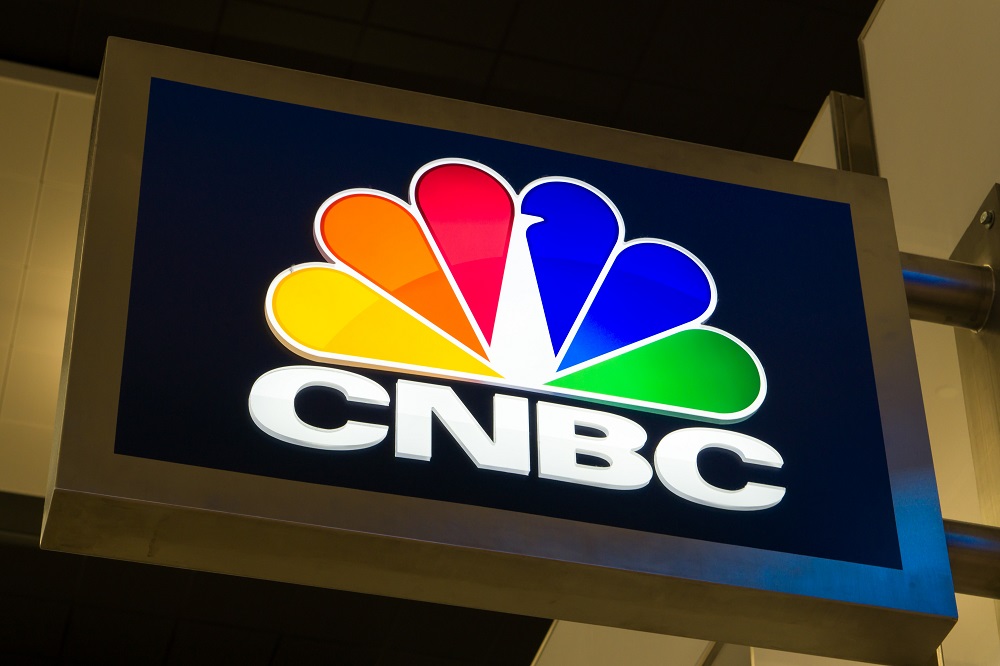As stocks have grown increasingly volatile over the last several sessions, I keep hearing variations of an age-old question: “Is this just a correction in an ongoing bull market or the start of a new bear market?”
This is exactly what the pundits on CNBC and Fox Business love to have teed up for them. (That’s why I quit doing those shows years ago.)
It allows them to yak about the economy, interest rates, corporate earnings, commodity prices, political developments, Fed policy and all sorts of arcane market data from cyclically adjusted earnings to short interest to advance-decline ratios.
Yet their answers are mostly nonsense, including the ones that – with the luxury of hindsight – turn out to be right.
Put a dozen meteorologists in a room and ask them whether we’ll get rain or sunshine three weeks from Tuesday, and they’ll gladly concede that it isn’t possible to know.
But ask a dozen stock market prognosticators what lies just ahead for stocks and they will furrow their brows, roll out their charts, and tell you to expect unseasonably warm weather with a smattering of clouds and a 20% chance of precipitation.
They are paid to make short-term market predictions. And so they do.
The real problem is the question itself. There’s no good answer to “What do you think the market will do?”
Stocks will react tomorrow to tomorrow’s news. The day after tomorrow they will react to that day’s news. And so on.
Everything that is already known or widely expected – like this month’s quarter-point hike in the discount rate – is already baked into share prices.
Look back through history and you’ll see that it’s almost always something totally unexpected that moves stocks off their long-term trend, like Saddam Hussein’s invasion of Kuwait in 1990, the collapse of Bear Stearns in 2008 and, of course, 9/11 in 2001.
As historian David McCullough likes to say, “There is no such thing as the foreseeable future.”
Yes, we know that over periods measured in decades, stocks – with dividends reinvested – outperform all other asset classes. (We also know that some stocks will do much better than average.)
But no one knows what the market will do next week or next month, or how it will end the year.
Occasionally, an investor will agree and then add, “But, of course, you have to guess.”
No, you don’t have to guess. And you shouldn’t. That’s my whole point.
Intelligent money management is about strictly limiting the amount of guesswork in your approach.
A different and far better question, one that marks the beginning of investment wisdom, is this: “Since no one can tell me with any certainty what the financial markets will do next, how should I run my portfolio?”
Most investors don’t know the answer. But I’m going to give it to you now.
You need to control the things you can control – like the amount of risk you take, the costs you absorb and the taxes you pay – and prepare in advance for the things you can’t control – like unexpected announcements, short-term market moves and the occasional bolt out of the blue.
Market timing sounds great in theory but doesn’t work in practice.
There are only two types of market timers: those who don’t know what they’re doing… and those who don’t know they don’t know what they’re doing.
(The only exception to this rule is when valuations and sentiment hit extremes. In other words, when extraordinarily low prices are accompanied by abject pessimism about the future or when exceptionally high prices are accompanied by unbridled euphoria about the future. We have neither today.)
The art of investing is putting together a portfolio that will grow your capital in the good times and protect it in the bad ones.
I’ll have plenty of specifics in my column Monday. Stay tuned…
Good investing,
Alex
